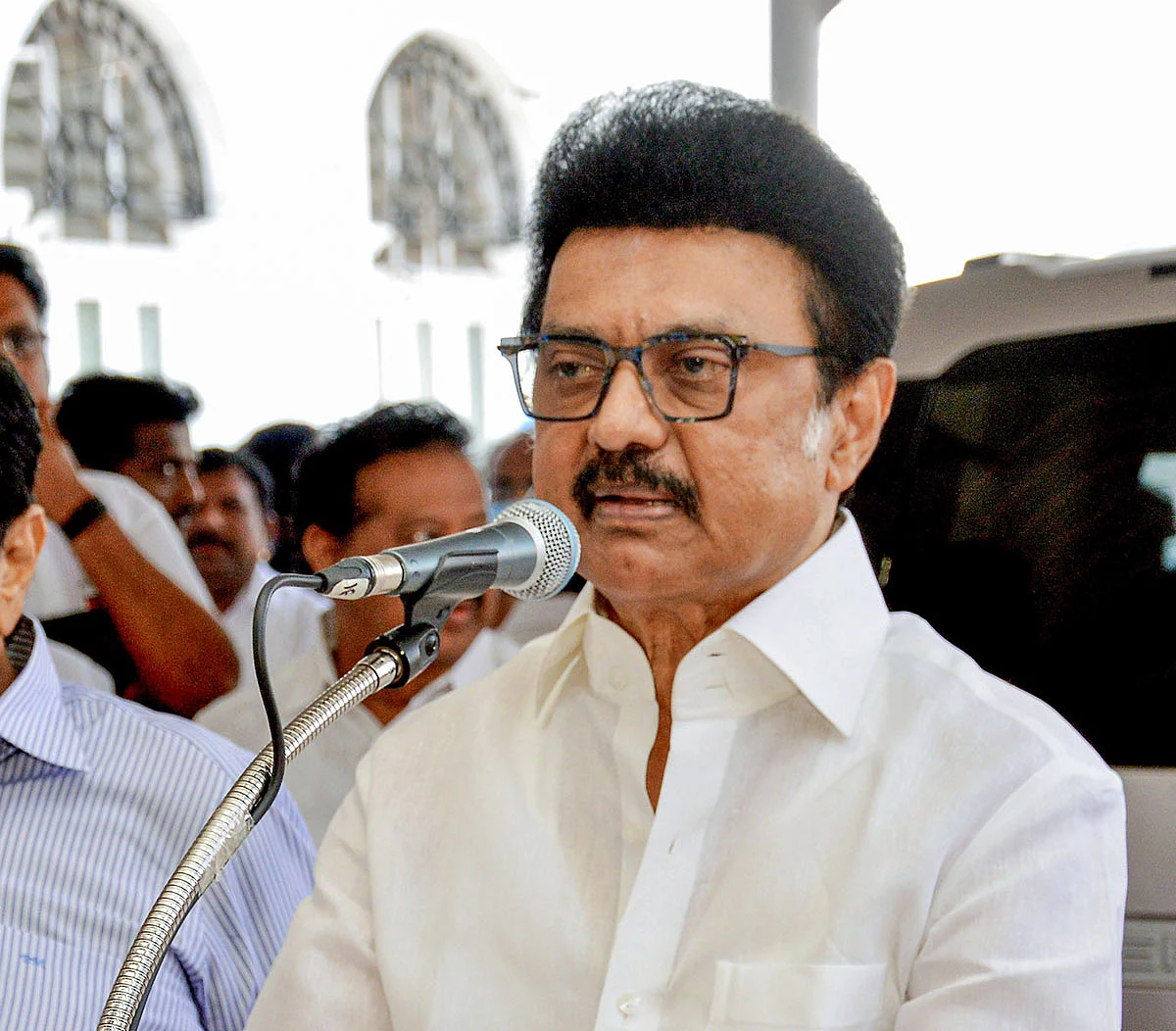Centre vs state: Tamil Nadu’s political battle goes national
From governor overreach to state rights, the DMK is reframing regional identity

The countdown has started to next year’s assembly polls in Tamil Nadu, a southern state that the BJP is desperately trying to breach. The battle between the BJP/ AIADMK alliance on one hand and the DMK/Congress on the other will be a bitter contest centred largely around federalism and identity.
Last week, Chief Minister M.K. Stalin set the ball rolling as he announced a committee to review and recommend measures to safeguard the rights of states. He has repeatedly accused the centre of trampling on the Constitutional powers of states. And this is a theme that has a reasonance with opposition-ruled states across India.
The BJP’s political mission in 2014 was a Congress ‘mukt’ Bharat, but that increasingly appears to be an opposition ‘mukt’ Bharat, to eliminate any and all opposition parties. While the Congress has largely failed to take on the BJP in direct fights over the last decade, it is regional parties that have fought back and held on to their turf. Like Mamata Banerjee in Bengal, the JMM in Jharkhand, MK Stalin in Tamil Nadu, the National Conference in Jammu and Kashmir and so on. That explains why the BJP-led centre, while exhorting the virtues of “competitive federalism” in public, has done everything possible to undermine states and their powers.
It starts with the blatant politicisation of the governor’s office. Governor R.N. Ravi of Tamil Nadu was handed a hugely embarrassing verdict by the Supreme Court recently for withholding his assent to 10 bills passed by the state assembly for years, a move described by the top court as illegal and unconstitutional. While laying down rules for governors going forward, the court’s verdict is historic for clearly limiting the powers of governors and strengthening legislative assemblies and the powers of states, as should be the case in a democracy.
Armed with this verdict, M.K. Stalin has taken the fight over federalism to the next level. It’s not just Governors. Opposition states have been in a stand off with Delhi over issues like taxation and education. And with delimitation of parliamentary constituencies pending, there is a real fear that southern states which did better at population control, will lose Lok Sabha seats at the expense of states in the north. That has made Stalin’s war cry even louder.
BJP vision
The BJP’s vision for India is monolithic. Quite literally ‘one nation, one election’ and possibly even ‘one leader’. There has been an unmistakable attempt to over-centralise governance and wherever the BJP lost a state poll, they sent a governor who would play fast and loose with the constitution and make life difficult for the ruling government.
This is what M.K. Stalin is seizing on as a poll issue. There is growing unease about the way the central government is expanding it’s influence in ways that leave states with less room to manoeuvre, both financially and functionally. For a country as diverse as India, that’s not a minor development.
In a state like Tamil Nadu, regional pride and linguistic identity are major political issues that have reasonated historically and are very much rooted in the state’s DNA. The opposition to the imposition of Hindi has to be seen in this context. The current leadership, under M.K. Stalin, is not merely resurrecting old slogans — it is reframing them for a new era of central interference.
As he announced the committee, Stalin said: “It is the mother who knows best what food to give her starving child. But if someone from Delhi decides what a child should eat, what he or she should learn, and which road he or she should walk — won’t the compassion and motherly spirit of the mother rise in revolt?”
Authority from the constitution
Invoking B.R. Ambedkar, Stalin went on to say “both the Union and the states are created by the Constitution. Both derive their respective authority from the Constitution. One is not subordinate to the other in its own field,” he said. “The responsibility of leading India on the path of development rests majorly on the shoulders of the states … But the powers needed to implement these have been taken away from the states and concentrated in the hands of the Union Government.”
What makes India’s democracy strong is the coming together of a vast and diverse union of states. Any weakening of this structure can lead to political alienation and a weakening of democracy. As the DMK makes federalism a central electoral issue, it is forcing a national conversation that is long overdue.
Network Links
GN StoreDownload our app
© Al Nisr Publishing LLC 2026. All rights reserved.